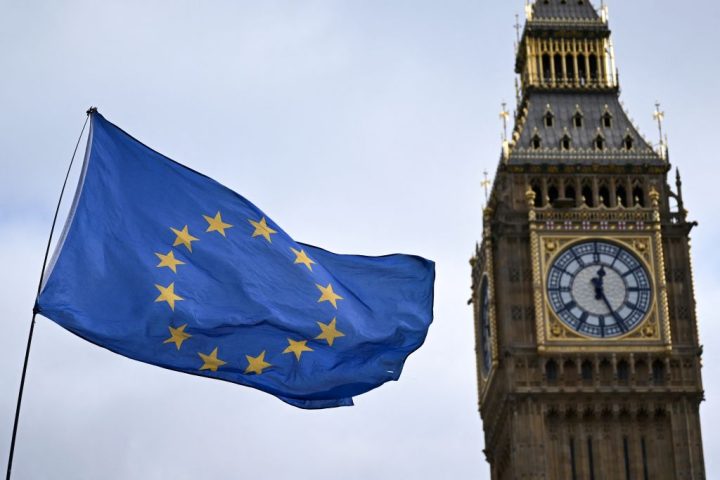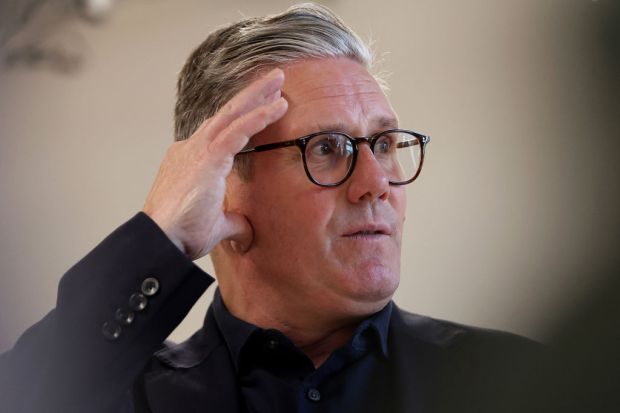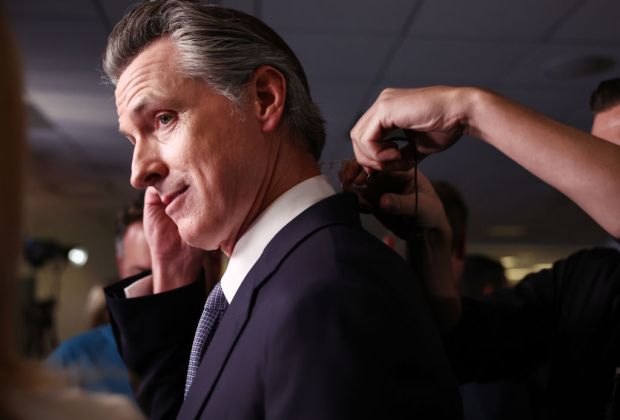It was reported this weekend that the great trans-Pacific trade deal (CPTPP), the one that Lord Cameron just boasted would ‘put the UK at the heart of a group of some of the world’s most dynamic economies’, will boost our economy by practically nothing at all. The OBR reckons CPTPP will put 0.04
Already a subscriber? Log in
Subscribe for just $2 a week
Try a month of The Spectator Australia absolutely free and without commitment. Not only that but – if you choose to continue – you’ll pay just $2 a week for your first year.
- Unlimited access to spectator.com.au and app
- The weekly edition on the Spectator Australia app
- Spectator podcasts and newsletters
- Full access to spectator.co.uk
Or





















Comments
Don't miss out
Join the conversation with other Spectator Australia readers. Subscribe to leave a comment.
SUBSCRIBEAlready a subscriber? Log in